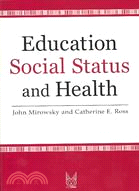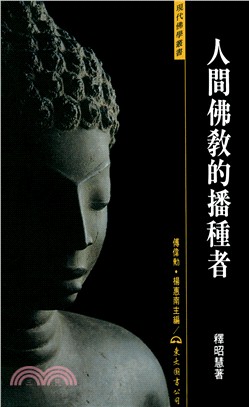商品簡介
For decades American health sciences has acted as if social status had little bearing on health. The ascendance of clinical medicine within a culture of individualism probably accounts for that omission. But research on chronic diseases over the last half of the twentieth century forced science to think differently about the causes of disease. Despite the institutional and cultural forces focusing medical research on distinctive proximate causes of specific diseases, researchers were forced to look over their shoulders, back toward more distant causes of many diseases. Some fully turned their orientation toward the social status of health, looking for the origins of that cascade of disease and disability flowing daily through clinics.
Why is it that people with higher socioeconomic status have better health than lower status individuals? The authors, who are well recognized for their strength in survey research on a broad national scale, draw on findings and ideas from many sciences, including demography, economics, social psychology, and the health sciences. People who are well educated feel in control of their lives, which encourages and enables a healthy lifestyle. In addition, learned effectiveness, a practical end of that education, enables them to find work that is autonomous and creative, thereby promoting good health.
John Mirowsky and Catherine E. Ross are professors in both the Department of Sociology and Population Research Center at the University of Texas at Austin.
"Mirowsky and Ross have done the population health community a splendid service by presenting a compelling and complex story for the relationship between social status and health and identifying many important contentious issues for future theoretical debate and empirical exploration. I highly recommend [Education, Social Status, and Health] to all health researchers interested in the social and economic determinants of health and well-being." -Gerry Veenstra, Canadian Journal of Sociology Online
主題書展
更多書展本週66折
您曾經瀏覽過的商品
購物須知
外文書商品之書封,為出版社提供之樣本。實際出貨商品,以出版社所提供之現有版本為主。部份書籍,因出版社供應狀況特殊,匯率將依實際狀況做調整。
無庫存之商品,在您完成訂單程序之後,將以空運的方式為你下單調貨。為了縮短等待的時間,建議您將外文書與其他商品分開下單,以獲得最快的取貨速度,平均調貨時間為1~2個月。
為了保護您的權益,「三民網路書店」提供會員七日商品鑑賞期(收到商品為起始日)。
若要辦理退貨,請在商品鑑賞期內寄回,且商品必須是全新狀態與完整包裝(商品、附件、發票、隨貨贈品等)否則恕不接受退貨。






















